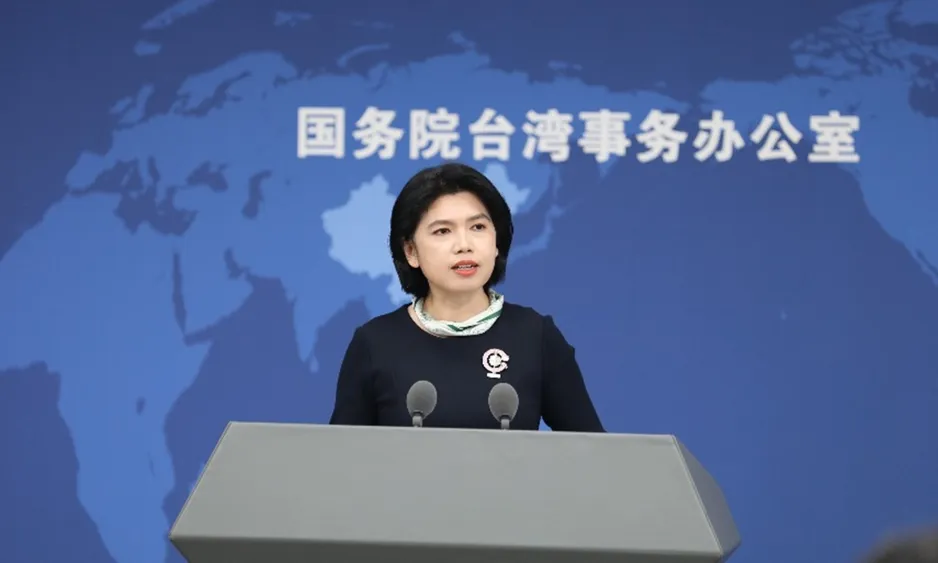Spokesperson Criticizes DPP's Car Ban as Economic Hindrance

Zhu Fenglian, spokesperson for the Taiwan Affairs Office of the State Council, has openly criticized the Democratic Progressive Party (DPP) for its ban on mainland vehicles, particularly BYD electric models. Zhu argues that this ban hinders cross-Strait cooperation and violates consumer rights, claiming that the DPP is using "security" as a pretext to restrict Taiwanese citizens from accessing high-quality products from the mainland.
The DPP's recent announcement of a strict blockade against mainland-made vehicles, including BYD imports through Thai agents, reflects their concerns over safety and industrial impact. This measure is expected to take the form of regulatory restrictions that may be implemented by the end of the year. Zhu has indicated that such actions will not only affect businesses but also consumers, potentially worsening Taiwan's investment climate.
Zhu emphasized that mainland products, especially new-energy vehicles, are gaining global popularity due to their advanced technology and superior performance. The push for increased cross-Strait cooperation in this sector could yield significant advantages for consumers in Taiwan, fostering a more competitive and diverse automotive market.
Critically, Zhu accused the DPP of ignoring the Taiwanese public's desire for better-quality products and the industry’s plea for closer ties across the Strait. He stated that the DPP’s motivations are rooted in self-interest, which neglects the broader economic benefits of collaboration.
By claiming safety concerns, the DPP is effectively obstructing Taiwanese consumers from purchasing high-quality mainland products. Zhu characterized this approach as harmful, undermining the rights and interests of businesses and consumers alike, thus further eroding Taiwan's market environment.
Amid these tensions, it is worth noting that China's auto exports, particularly in the electric vehicle sector, have seen remarkable growth. In July alone, exports reached 575,000 units, with new-energy vehicles forming a significant portion of this figure, as reported by the China Association of Automobile Manufacturers.
In the first seven months of the year, China's total automotive shipments amounted to 3.68 million units, reflecting a 12.8 percent increase from the previous year. The sector has been particularly buoyed by the export of new-energy vehicles, which alone surpassed 225,000 units in July, marking a substantial rise compared to previous months.
Read These Next

Bullish Aims to Raise 1.11 Billion in Upcoming IPO
Bullish plans an IPO to raise $1.11B at $37/share, issuing 30M shares, with 20x oversubscription reflecting market growth.

Strategic and Financial Review of Asia Television Holdings
Analysis of business changes and financial trends at Asia Television Holdings Limited as detailed in the annual report, focusing on key shifts, revenue aspects, trading risks, and implications for stakeholders.

China's Growing Talent Dividend and Its Global Impact
China's economy is thriving with a $162.78B outward investment in 2024, sharing expertise globally and attracting foreign talent.
